CWU faculty members share their Fulbright experiences
March 1, 2023
The Fulbright U.S. Scholar Program allows faculty members “teach, conduct research and carry out professional projects around the world,” according to the website. On Feb. 10. CWU was named a Fulbright U.S. Scholar Program Top Producing Institution.
According to the Fulbright website, top-producing institutions have “the highest number of Fulbright U.S. Students and Scholars selected for the 2022-2023 academic year.”
Between 2022 and 2023, three faculty members received Fulbrights; Susan Kaspari, professor of geological science is in Tromsø, Norway. Michelle DenBeste, provost and vice president for academic affairs, went to France, and Elvin Delgado, associate dean of the college of the sciences, went to Chile.
“It’s actually a really big honor.. and for an institution of our size, it’s really amazing. It’s a testament to the work that our faculty do. It’s also a testament to the work our International Studies Office has [done]. [They’ve] been super helpful with all of us who apply for Fulbright,” DenBeste said.
Susan Kaspari
Kaspari is currently on a research and teaching Fulbright in Tromsø, Norway, and she has been in Norway since Aug. 2022 and will be there through July. She is working at the Norwegian Polar Institute and is also associated with the Arctic University of Norway.
Part of Kaspari’s research is looking into the role of light-absorbing particles in the snow and glacier retreat located in Svalbard.
“Svalbard is an archipelago in the high Arctic and is particularly vulnerable to climate change. It is warming approximately four times the global average,” Kaspari said.
According to Kaspari, when light-absorbing particles are deposited into the snow and glaciers, they will darken the surface, which will cause more of the sun’s energy to be absorbed. This will lead to the snow and ice melting faster.
“Light absorbing particles are things like black carbon from the incomplete combustion of fossil and biofuels, dust from rocky outcrops and organics in snow,” Kaspari said.
While in Norway, Kaspari will also be teaching and mentoring graduate students who are sampling snow in Tromsø and studying light-absorbing particles.
“This week [Feb. 20-27] I am … at the University Centre in Svalbard as a guest lecturer on a Glaciology Course,” Kaspari said. “We are drilling shallow ice cores from glaciers, and then I’ll work with the students to measure the light-absorbing particles in the ice cores.”
Kaspari has also been traveling to other universities in Norway to run workshops and help the faculty incorporate sustainability into the teaching.
“These workshops were well received, and I think will have the largest impact in to the future after I return home,” Kaspari said. “I also hope that my research will help improve our understanding of the factors contributing to glacier melt on Svalbard.”
Kaspari said that some of the biggest takeaways from her experience include being able to expand her research in the Arctic.
“The glaciers are warm on Svalbard, they are very sensitive to climate change, which is similar to the glaciers in Washington State,” Kaspari said.
Michelle DenBeste
DenBeste received the Fulbright administrator grant to go to France from Oct. 8-10, 2022.
DenBeste said she wanted to expand opportunities for both students and faculty. While in France, she met with colleagues from other institutions and visited different types of schools.
“We toured institutions like our own and saw their buildings and their students and their programs,” DenBeste said. “It was interesting to think about the kinds of things we could be doing here at Central, and then just to dream about the kind of relationships we could build.”
DenBeste said it was interesting to learn that most institutions in France require their students to study abroad.
“That’s great for us to know, because it means there’s more potential for us to get French students here,” DenBeste said. “It was just inspiring also to think about the avenues that opens up for students when you are studying at more than one institution.”
DenBeste said it was nice to meet colleagues from around the U.S. who were also on Fulbrights.
“One of the things that the Fulbright does is it opens up opportunities to meet people that I would never meet in my day-to-day life,” DenBeste said. “Mayor’s ambassadors, [just] being able to talk to those people about the things that we do was really fun.”
According to DenBeste, she was the only representative from Washington in her group.
“I think it was really great to be able to share the story of some west coast schools who aren’t the big names,” DenBeste said. “Now they also know about Washington State and about Central and about our program.”

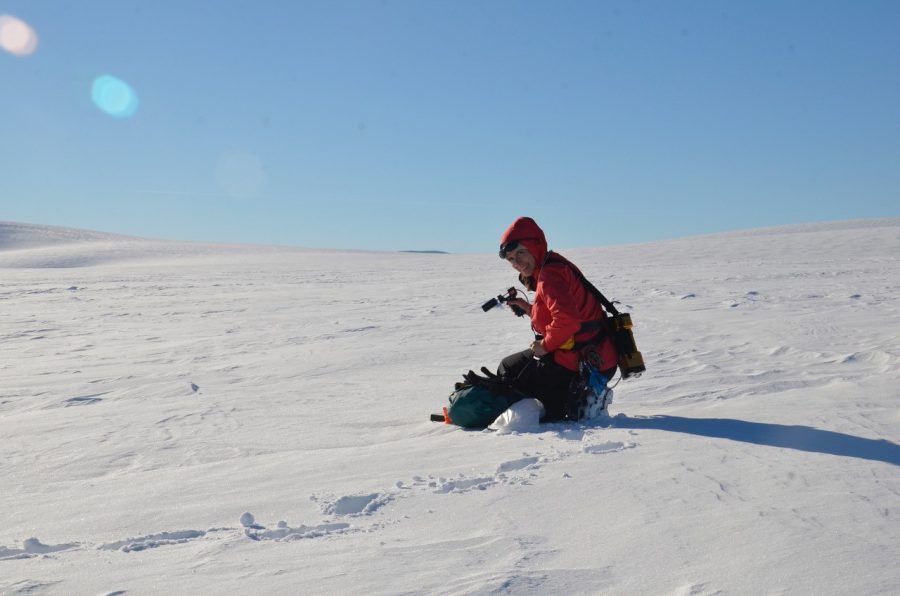
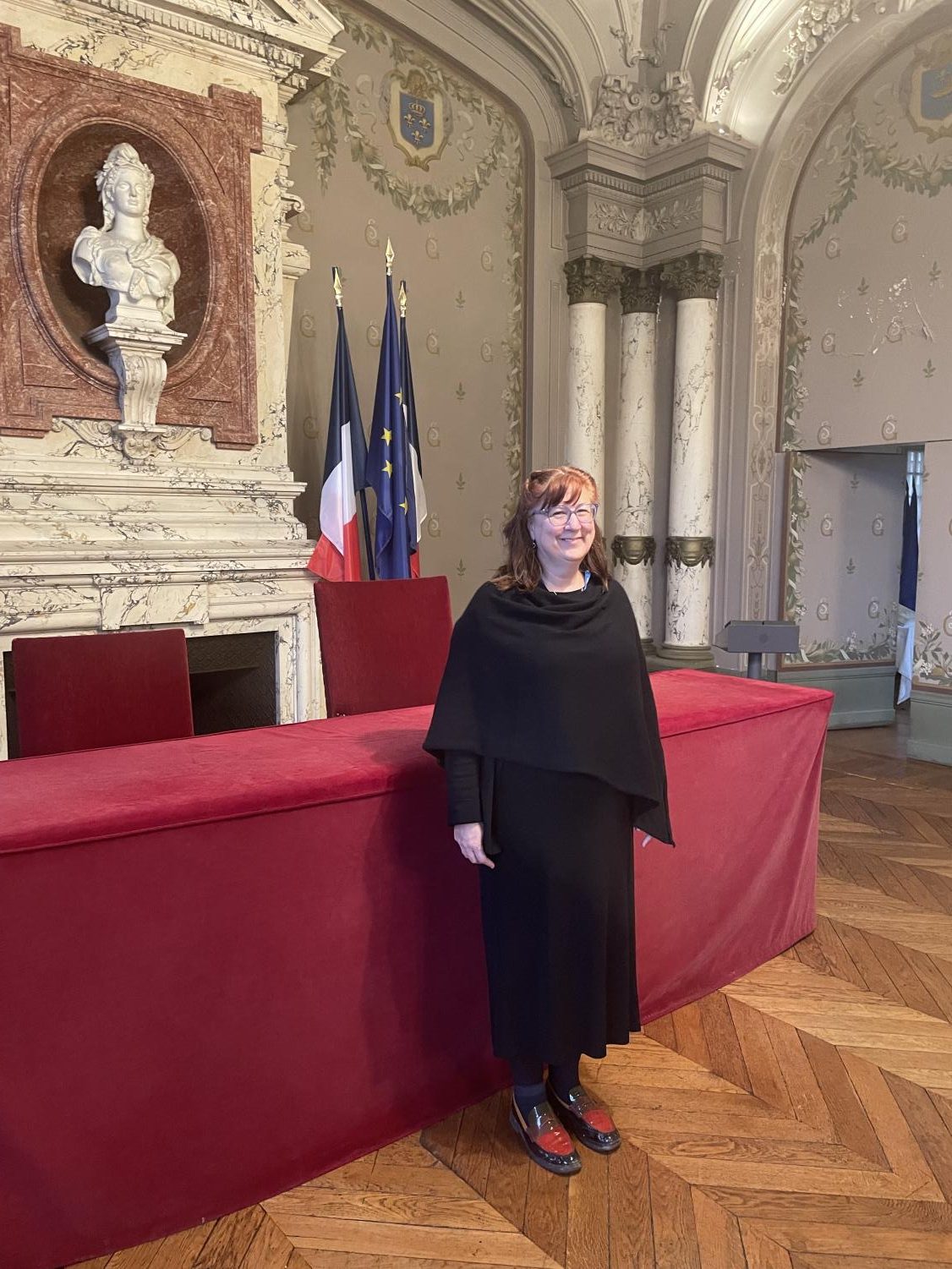
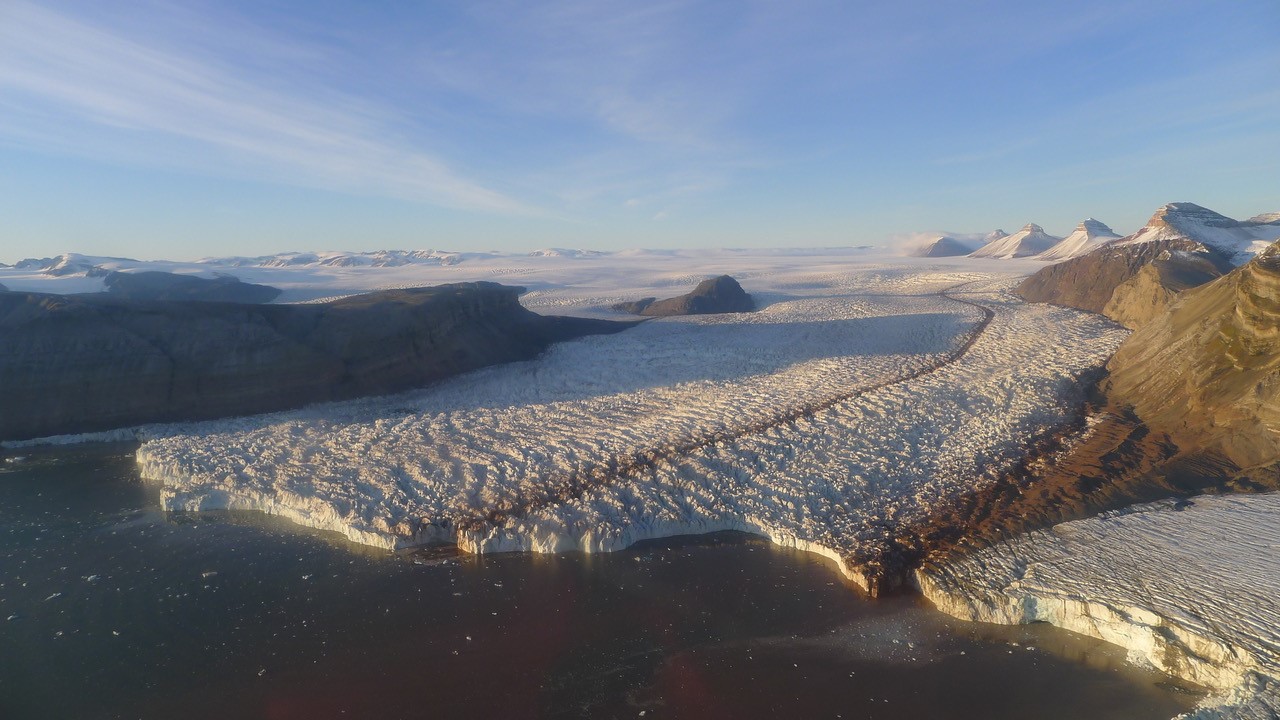
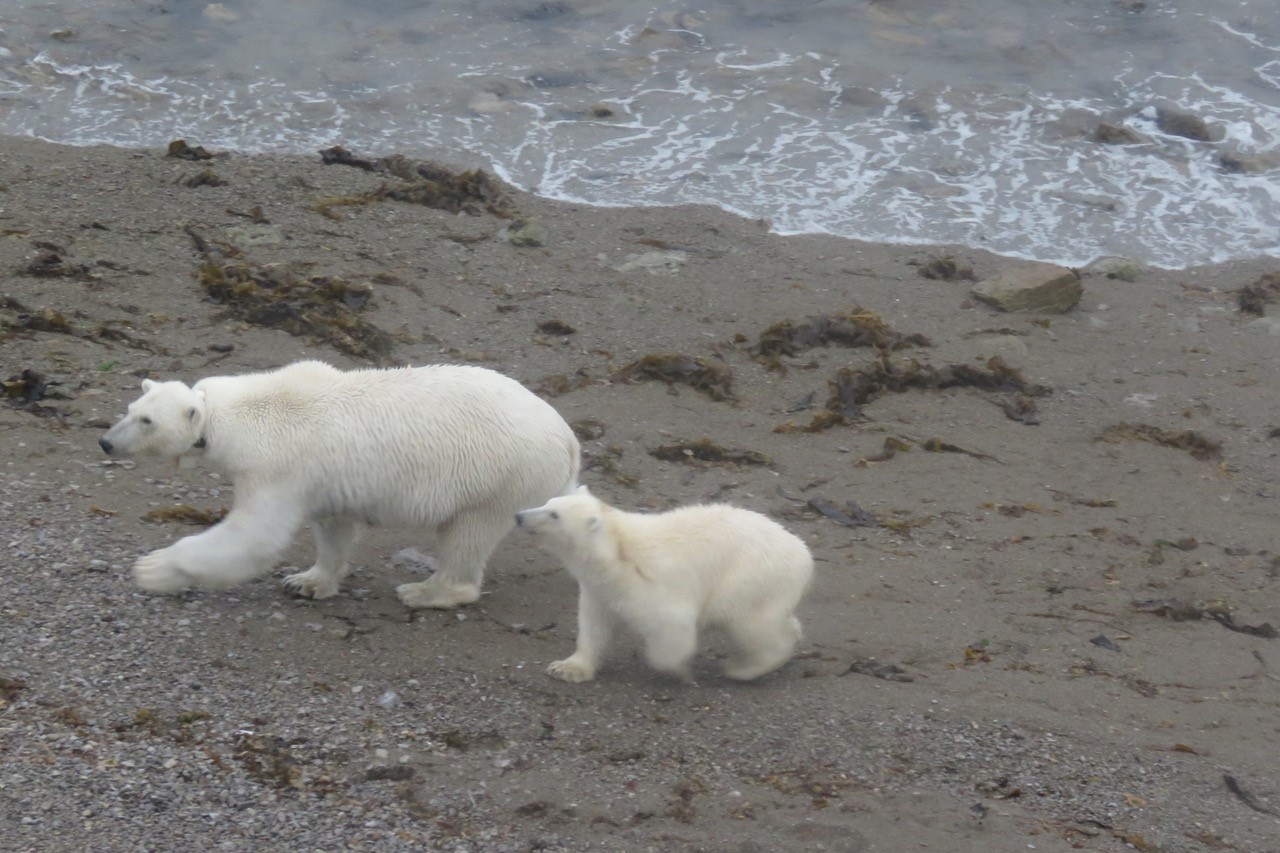

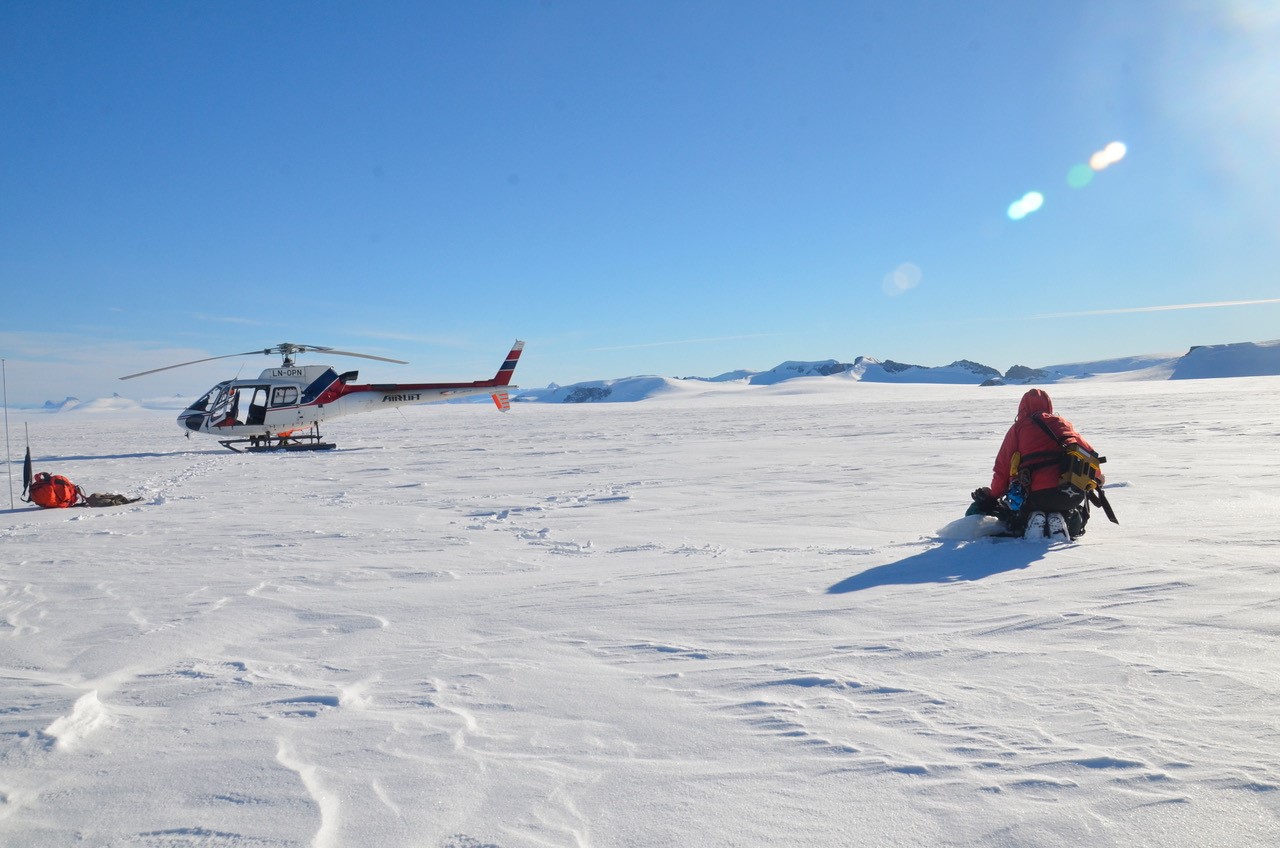
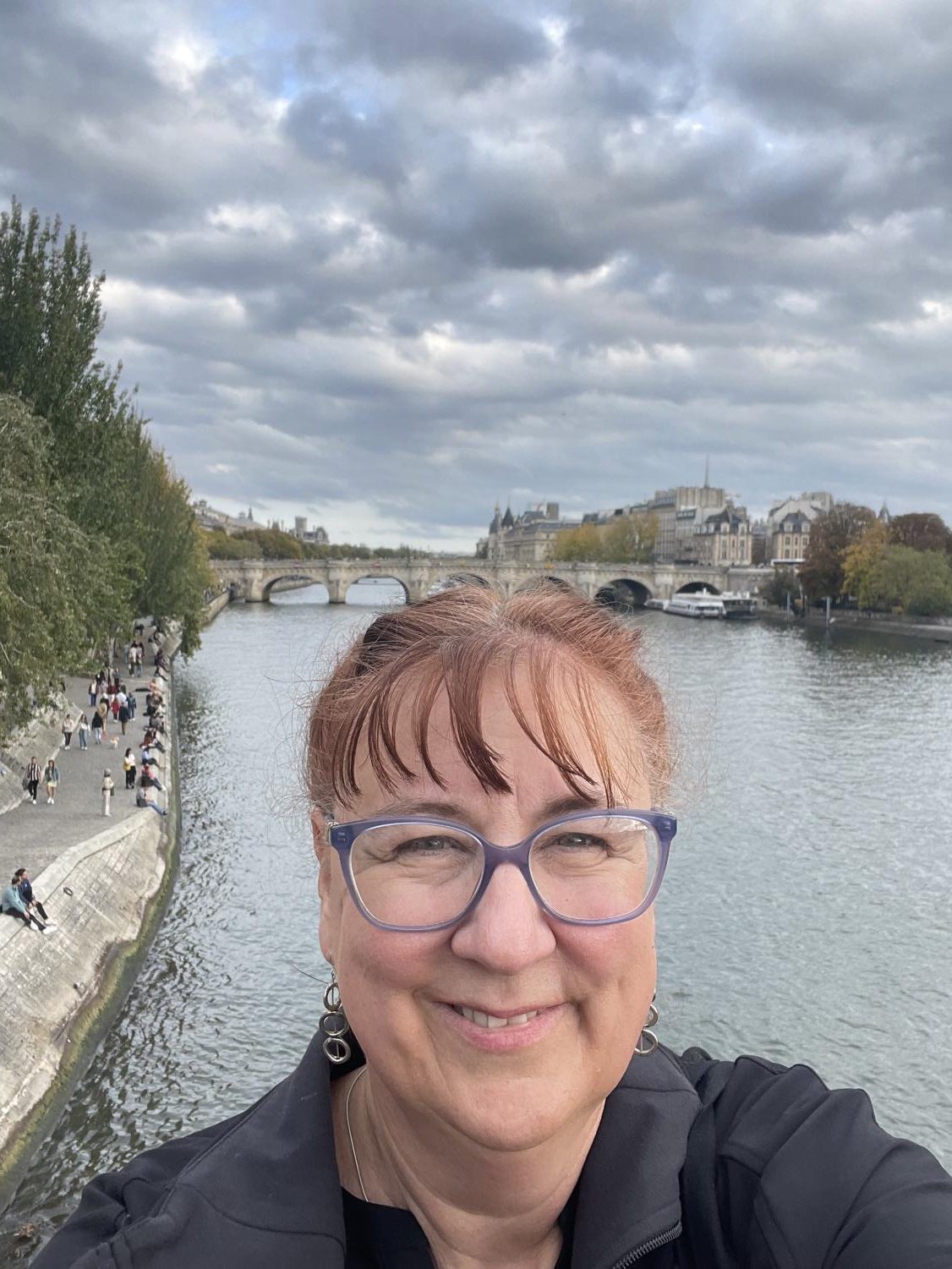
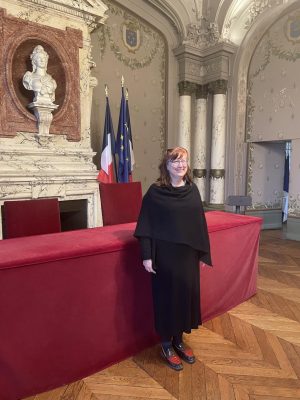
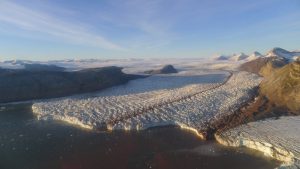
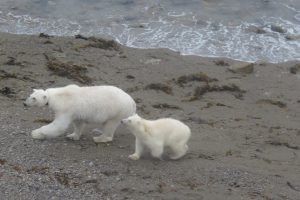

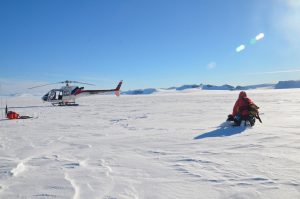
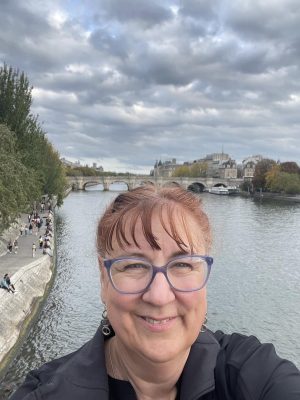
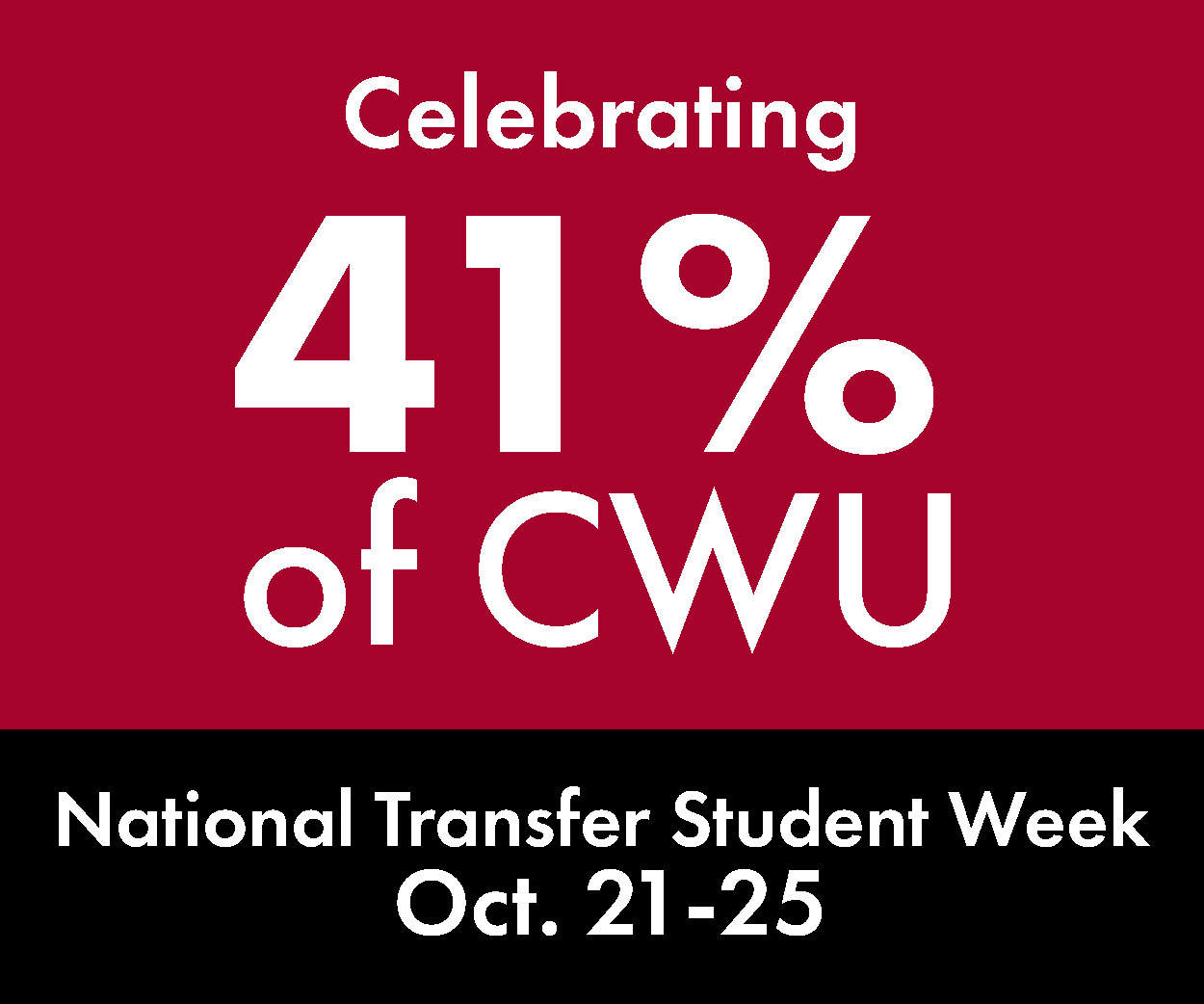
sonya margaretha bara • May 22, 2023 at 9:17 am
about scholarship